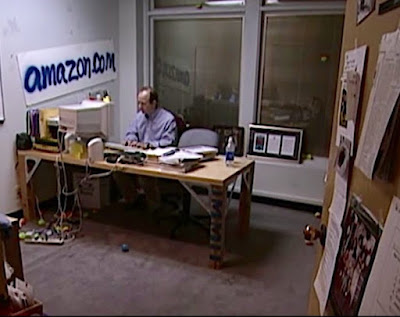The liberal education turn

Among the many victims of the pandemic, it will be easy to forget the students who graduated this year. While we focus on the elderly and the vulnerable and try to support those who have lost their jobs or businesses, the graduates - young and relatively less at risk - may appear less worthy of our sympathy. And, yet, the pandemic and the resulting destruction in its wake would mean all carefully laid plans, all the years of toil and dreaming, may fall apart, consigning many to shaky starts and entire lifespans of underachievement. But a further tragedy is also unfolding in slow motion: Those who will come after, next year and further out still. Corona virus may be tamed with a vaccine, but the pandemic has exposed the inherent weakness of the world we were building: Connected economies with disconnected polities, interdependent lives lived by atomistic individuals, a world faced with long term changes where rewards are all here-and-now. The euphoria of the 1990s, after the fall of Ber...








